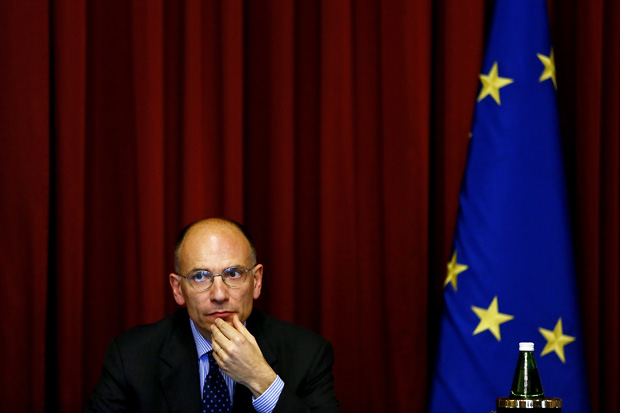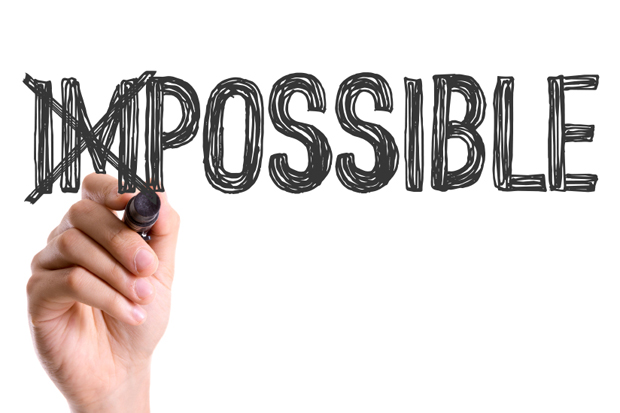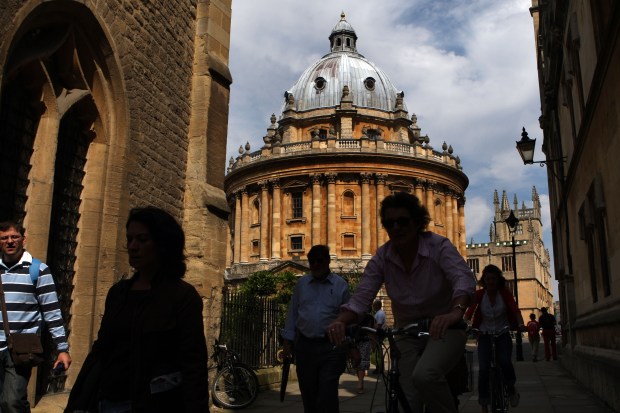I was in Paris last week to take part in an EU referendum debate at Sciences Po, a French university that specialises in international relations. It’s not an exaggeration to describe Sciences Po as a finishing school for Europe’s political elite. Twenty-eight heads of state have studied or taught there, its graduates include five of the last six French presidents and the current dean is Enrico Letta, a former prime minister of Italy. My fellow panellists included Ana Palacio, the Spanish minister of foreign affairs from 2002 to 2004, and Hubert Vedrine, the French minister of foreign affairs from 1997 to 2002. I think it’s safe to say I was the only Eurosceptic in the room.
I was listened to with polite amusement, but almost no one took the threat of Brexit seriously. For them, the advantages of staying in are so obvious that they found it difficult to engage with anyone who didn’t agree. When I pointed out EU deficiencies such as its lack of transparency, the fact that laws can be introduced only by unelected European Commissioners and the widespread corruption that has confounded its auditors for 21 years, the panellists nodded in agreement. Yes, yes, no one’s saying it’s perfect. But on balance it’s been such a success that only a swivel-eyed loon would want to leave.
I did my best to shake them out of their complacency by pointing out the revolt against political elites that’s gathering steam across the Continent, with numerous anti-EU parties on the left and right chalking up victories. In France, the Front National took 25 per cent of the popular vote in the 2014 European elections, putting them in first place, while Syriza did well enough in last year’s Greek general election to form the government. The Sweden Democrats had 13 per cent of the vote in the 2014 Swedish general election, the True Finns won 38 seats in the 2014 Finnish parliamentary elections and the AfD received 24 per cent of the vote in Saxony-Anhalt in this year’s German regional elections. Wasn’t that cause for concern?
Hubert Vedrine, who now runs a public affairs firm specialising in foreign, economic and geopolitical affairs, responded by pointing out that no anti-EU party had won more than 40 per cent of the vote in a European election and they usually got much less. Unfortunately, this was a week before the Austrian presidential election in which the Freedom party’s Norbert Hofer came within a whisker of defeating his Green opponent, with 49.7 per cent. I wonder how the panel would have reacted to that?
My view is that sooner or later an anti-EU party or politician will gain power in a European state that isn’t an economic basket case and that will trigger a crisis in the EU. The success of Syriza in Greece’s two elections last year was just about containable, because Greece is economically dependent on the goodwill of the European Commission, the European Central Bank and the IMF. But if Hofer had won that would have been harder to manage, because Austria is the 14th richest country in the world. Indeed, he may yet become chancellor in 2018. What if he refuses to accept Austria’s EU quota of refugees, then refuses to pay the fine? That would directly challenge the EU’s legitimacy.
This goes to the heart of the EU’s problem, which is that the political elite in each member state has transferred decision-making power across a range of important areas from their national parliaments to various undemocratic institutions in Brussels, effectively disenfranchising their electorates. In some cases, this transfer of sovereignty took place with the consent of their voters, in some cases not, but an increasing number of Europeans now want their democratic rights back. They’re not happy that unelected officials in Brussels, over whom they have no control, are making decisions they profoundly disagree with, such as insisting they take their fair share of asylum seekers or accept brutal austerity measures.
Over the past half-century, many Europeans entered into a Faustian pact: they gave up their rights as free people in return for prosperity and security. But the devil hasn’t kept his side of the deal and Dr Faustus is getting restless. How will people react when the EU tells them the pact is irreversible? My guess is, not well, and whether Britain votes to remain or to leave, the EU cannot survive in its present, undemocratic form. Unfortunately, the grands fromages from ages at Sciences Po seemed unconvinced of this.
Got something to add? Join the discussion and comment below.
Get 10 issues for just $10
Subscribe to The Spectator Australia today for the next 10 magazine issues, plus full online access, for just $10.
Toby Young is associate editor of The Spectator
You might disagree with half of it, but you’ll enjoy reading all of it. Try your first month for free, then just $2 a week for the remainder of your first year.















Comments
Don't miss out
Join the conversation with other Spectator Australia readers. Subscribe to leave a comment.
SUBSCRIBEAlready a subscriber? Log in